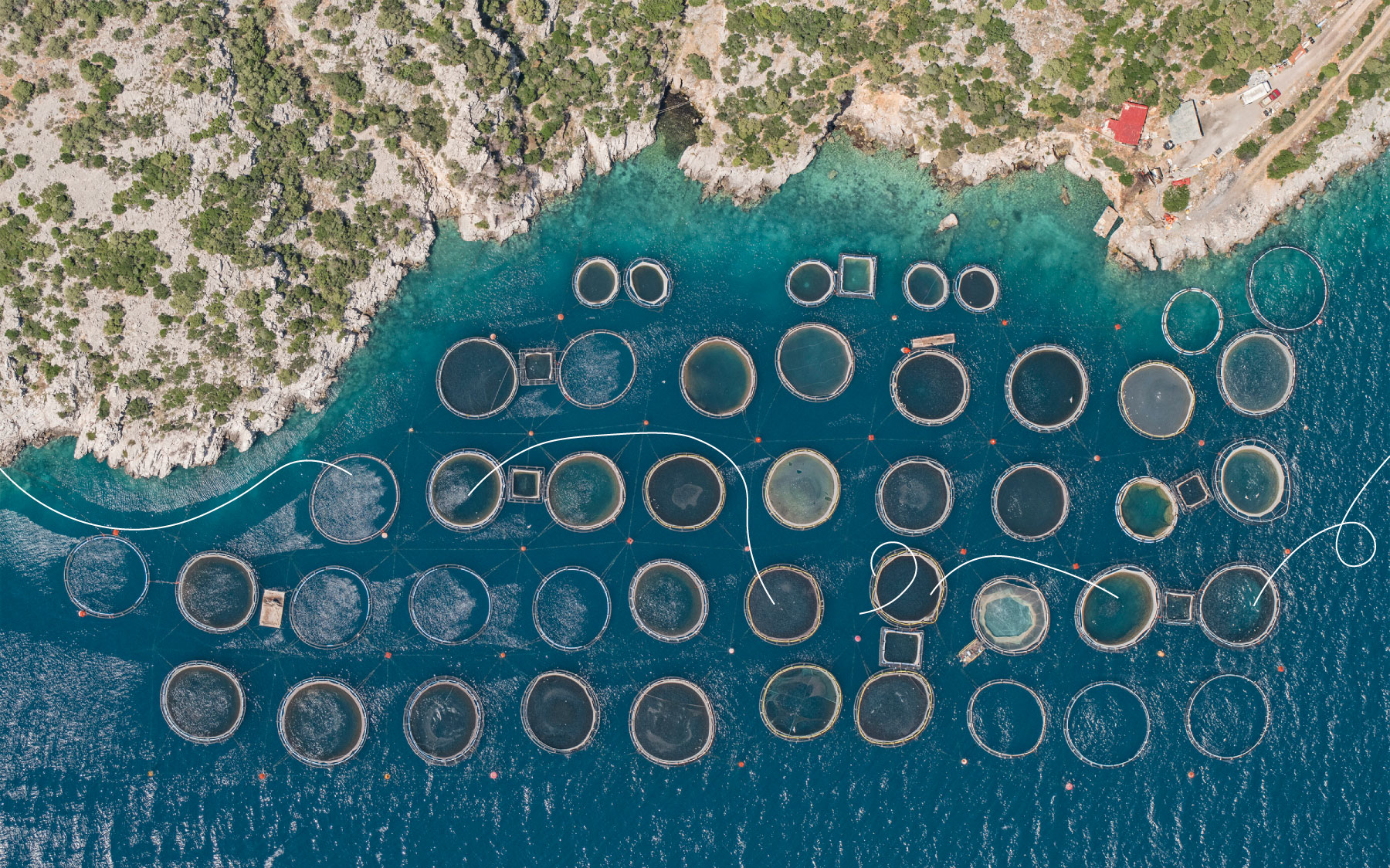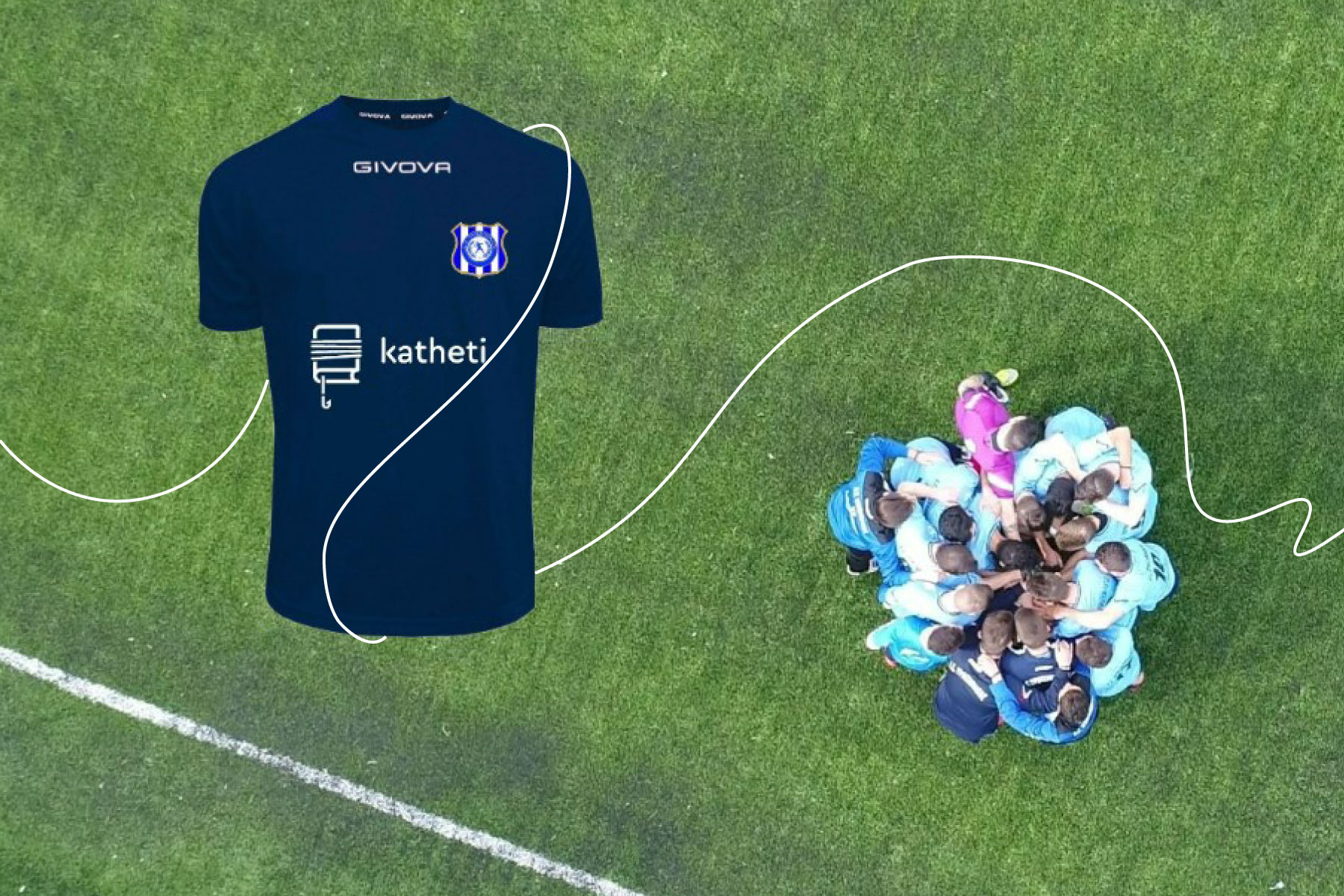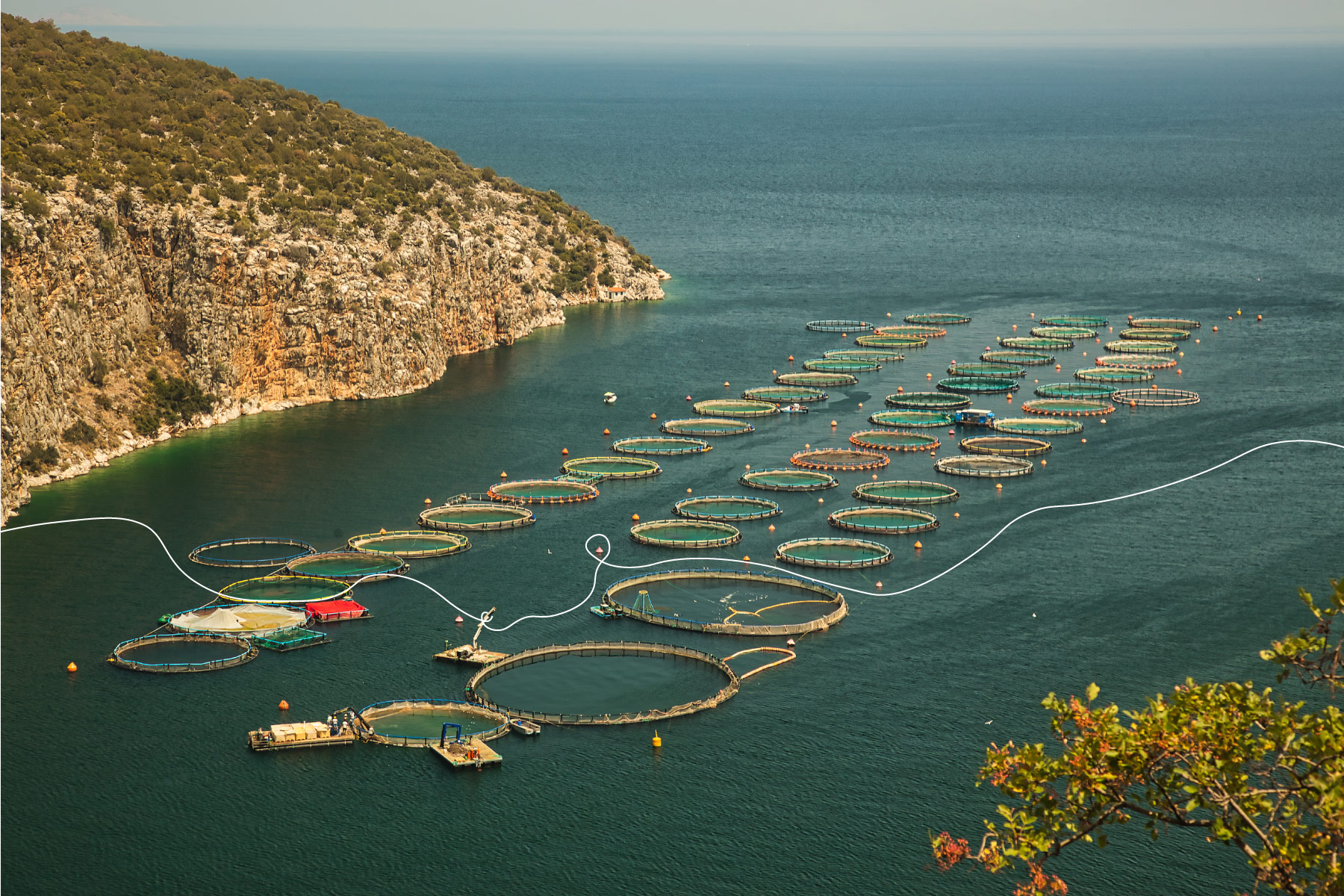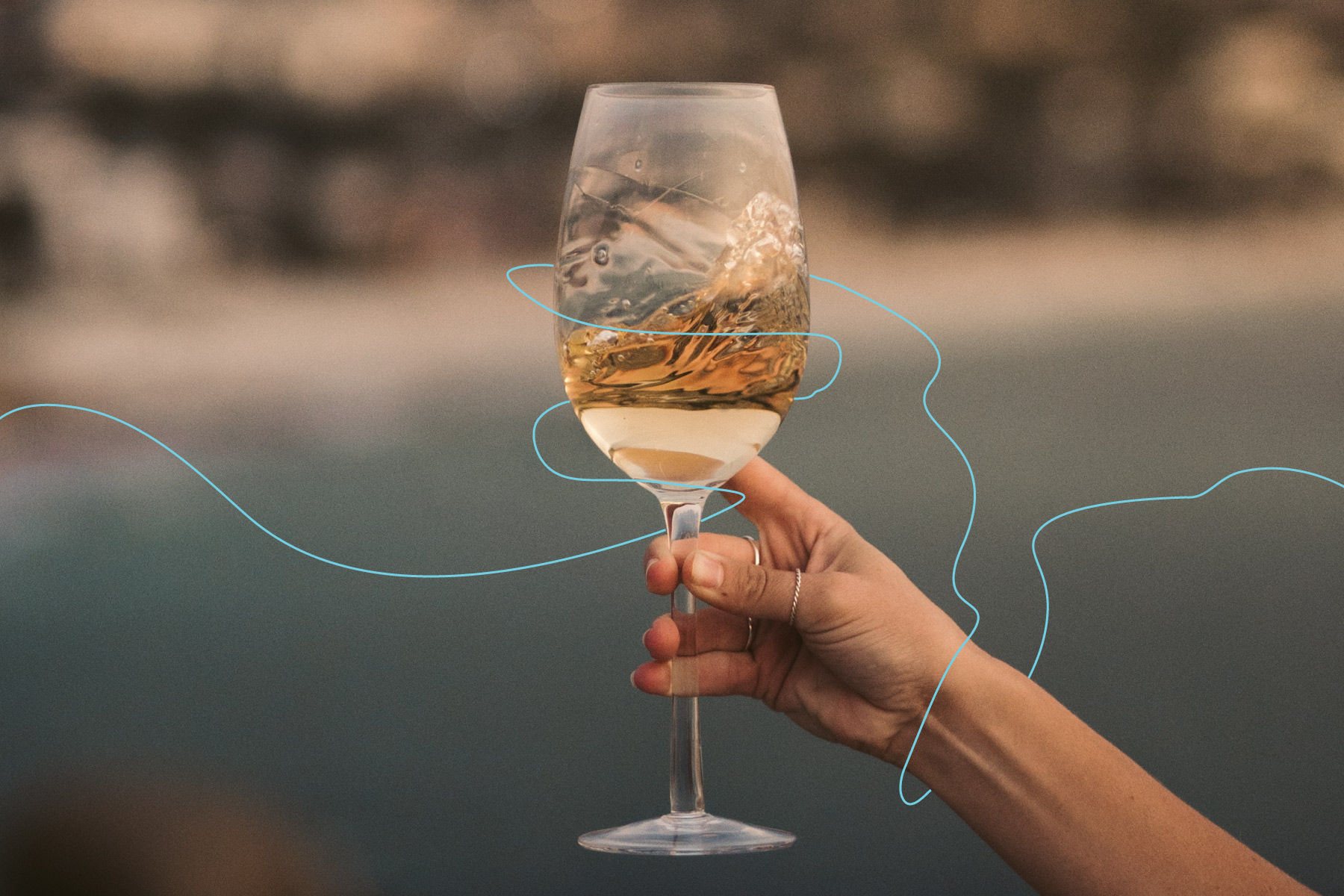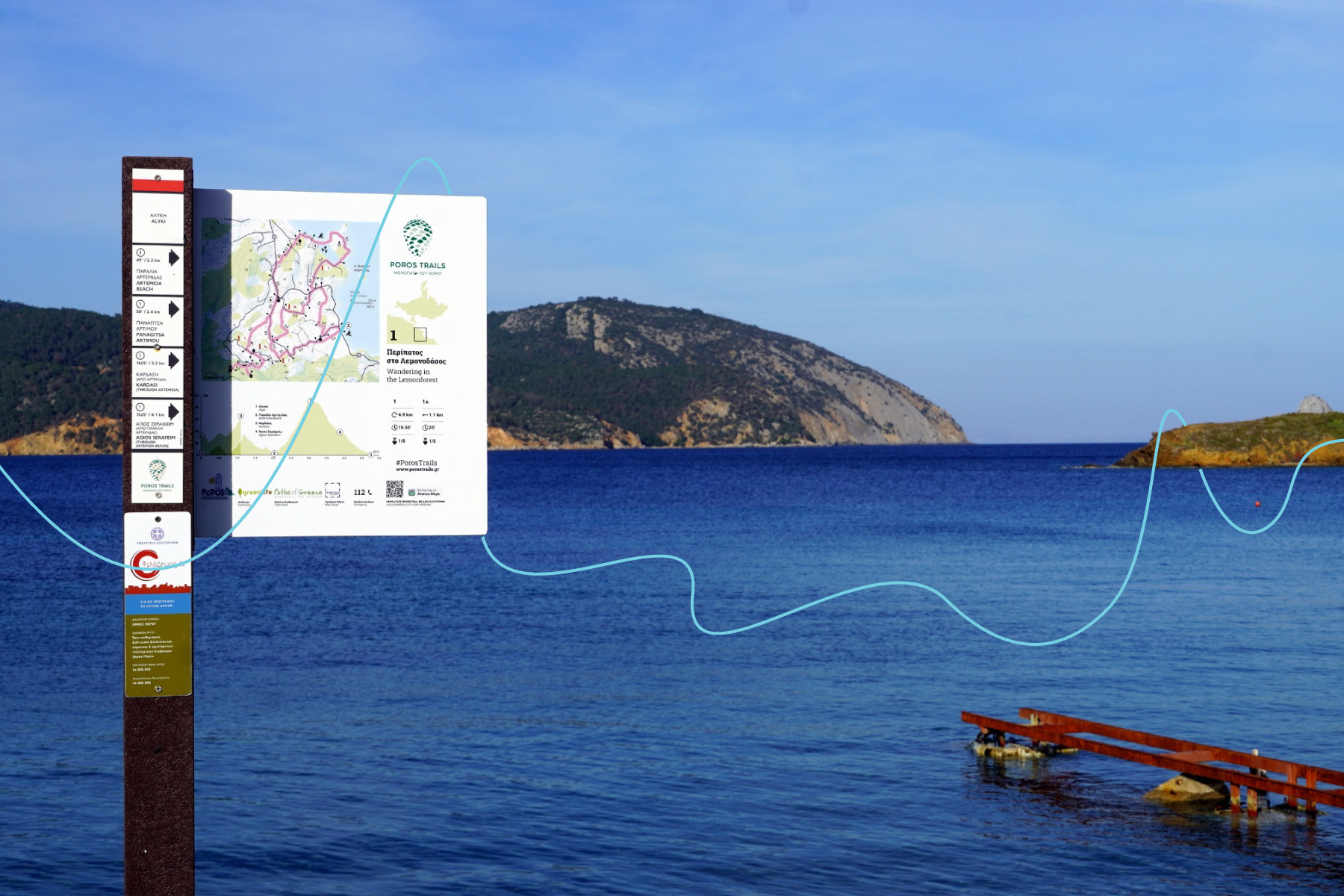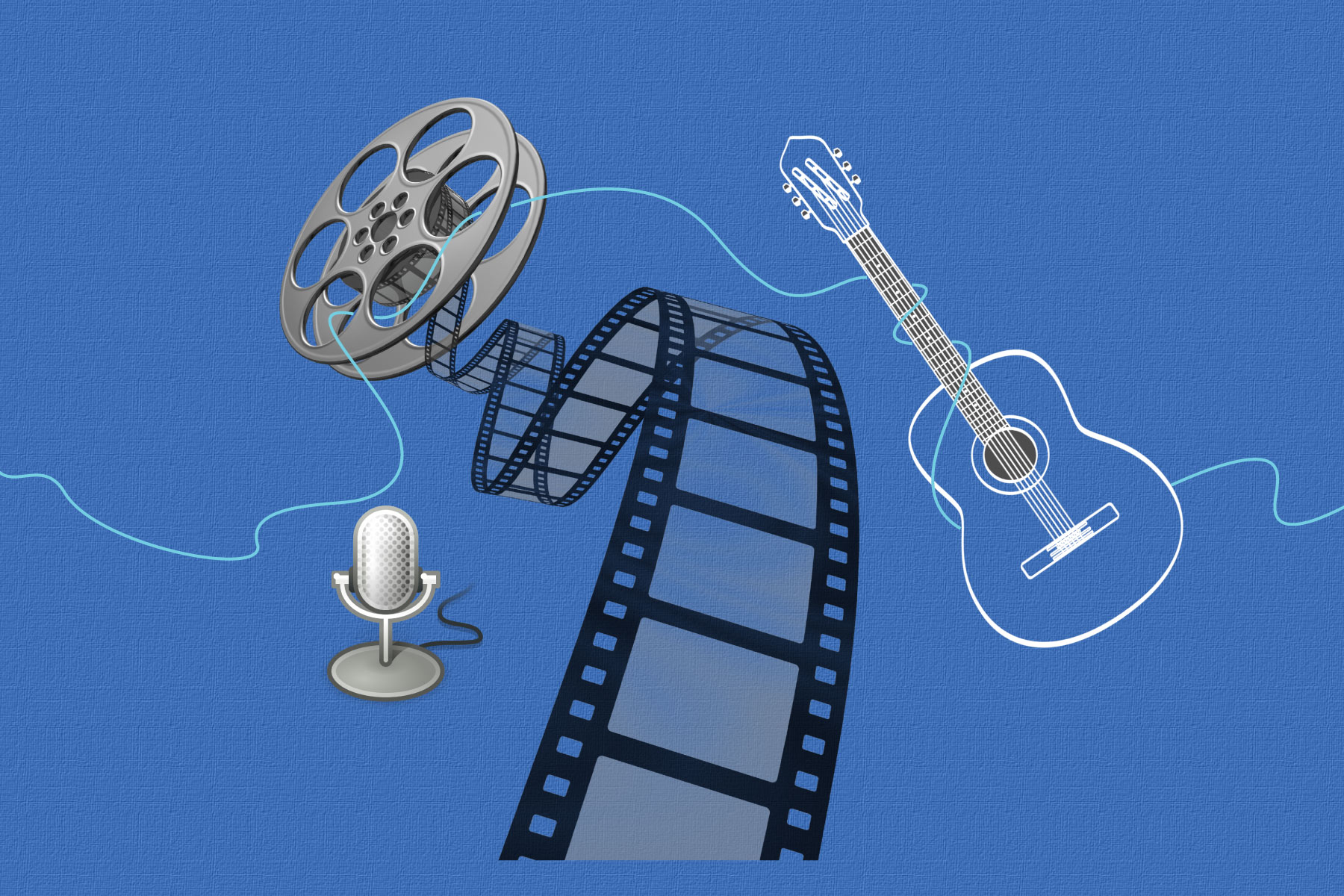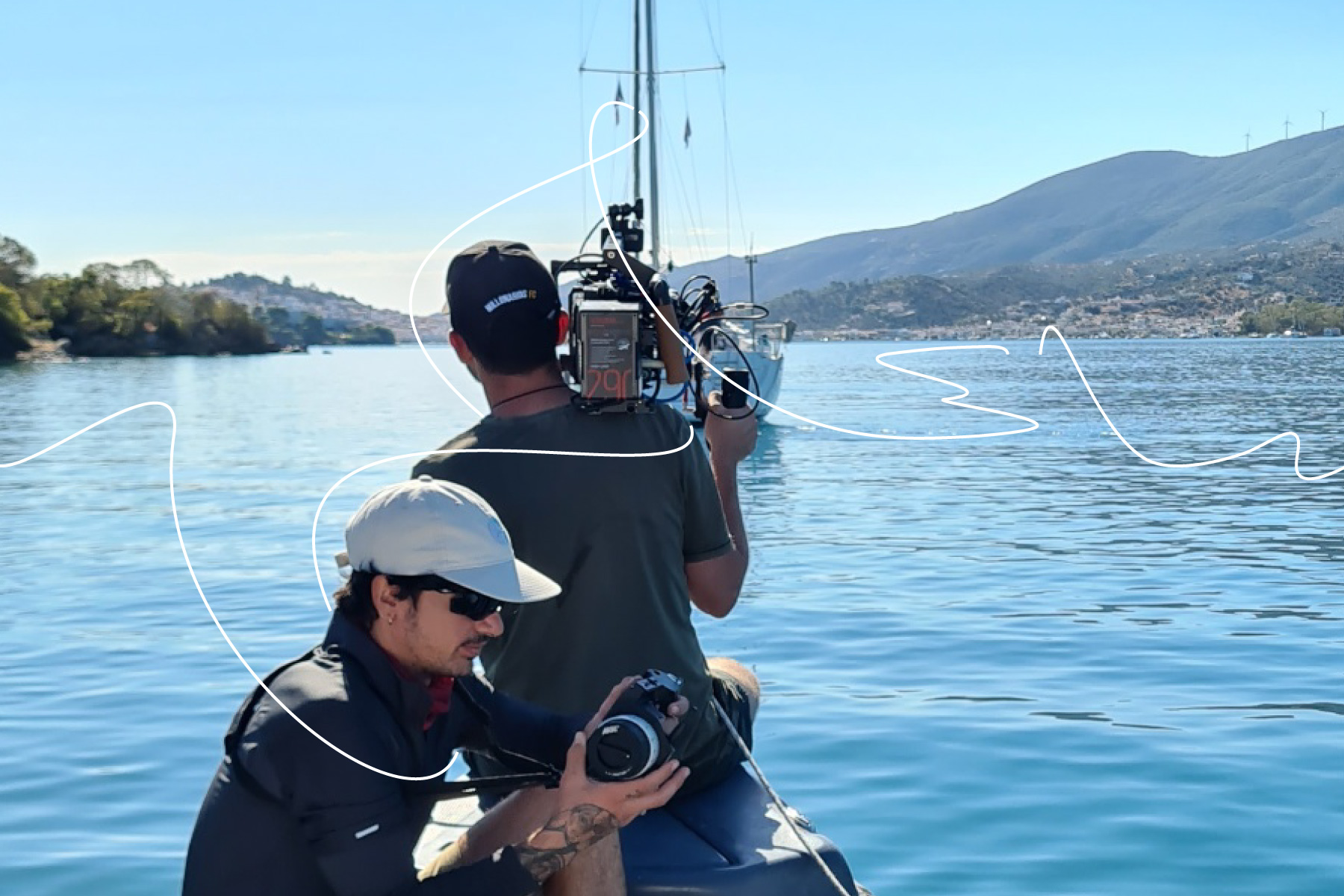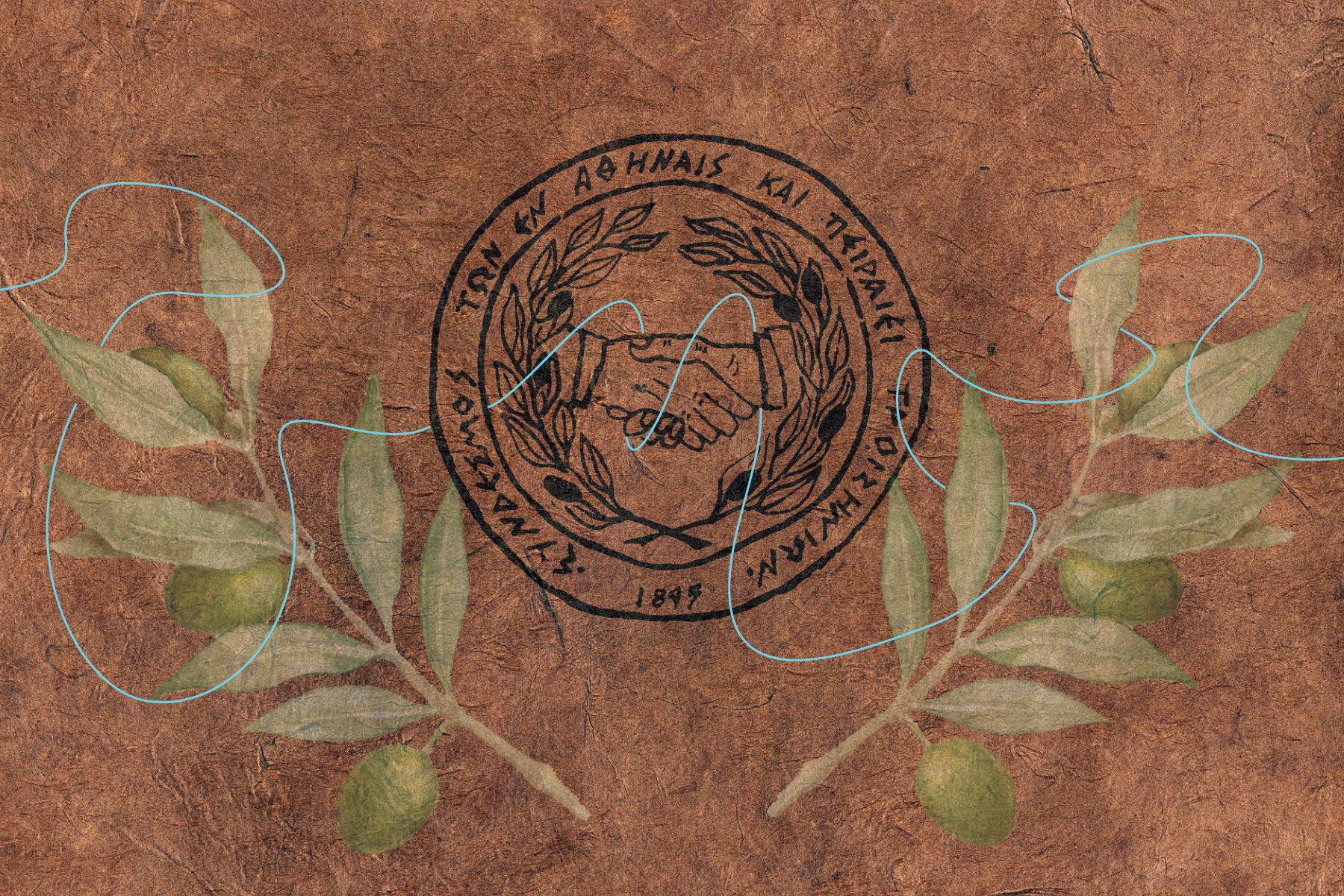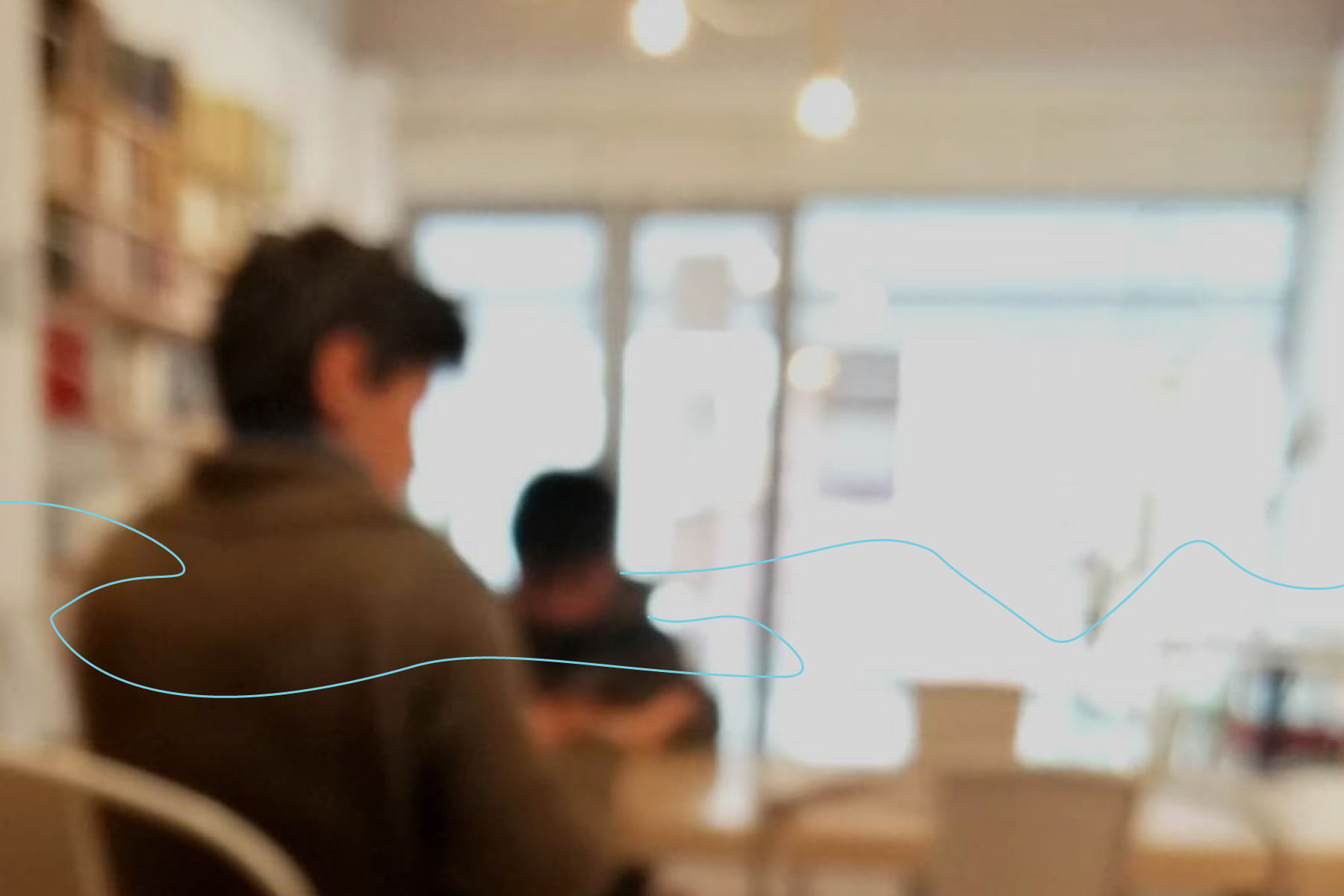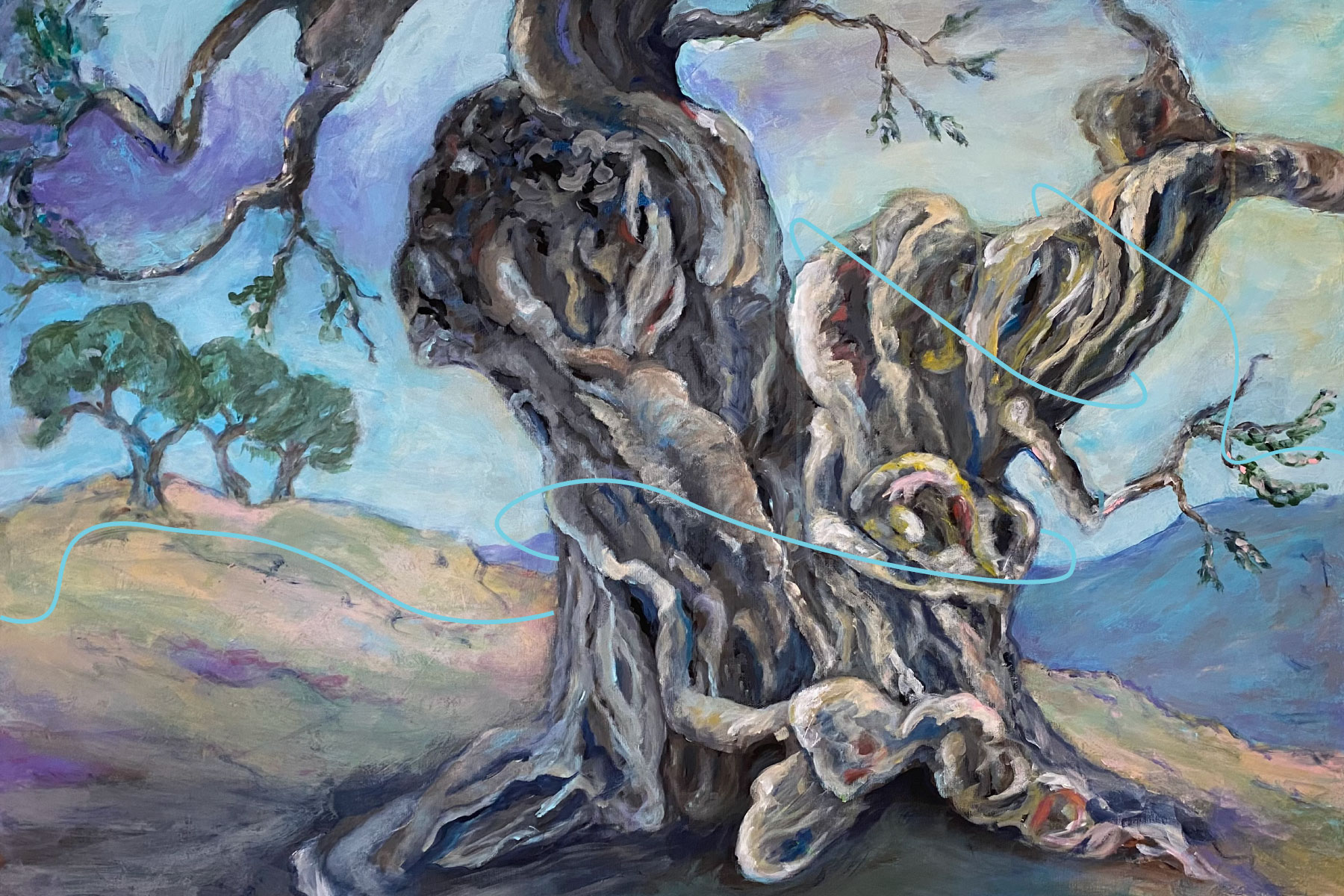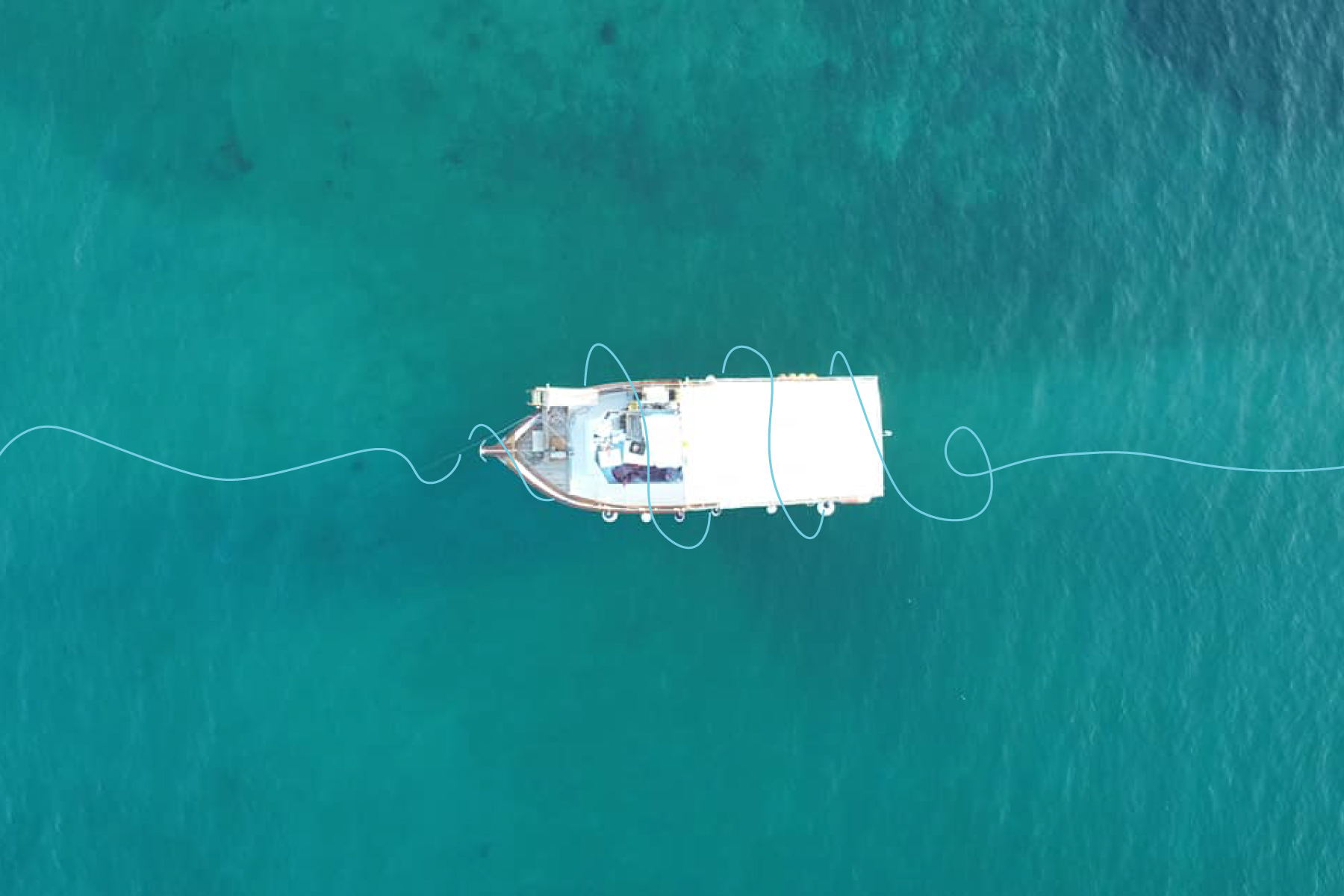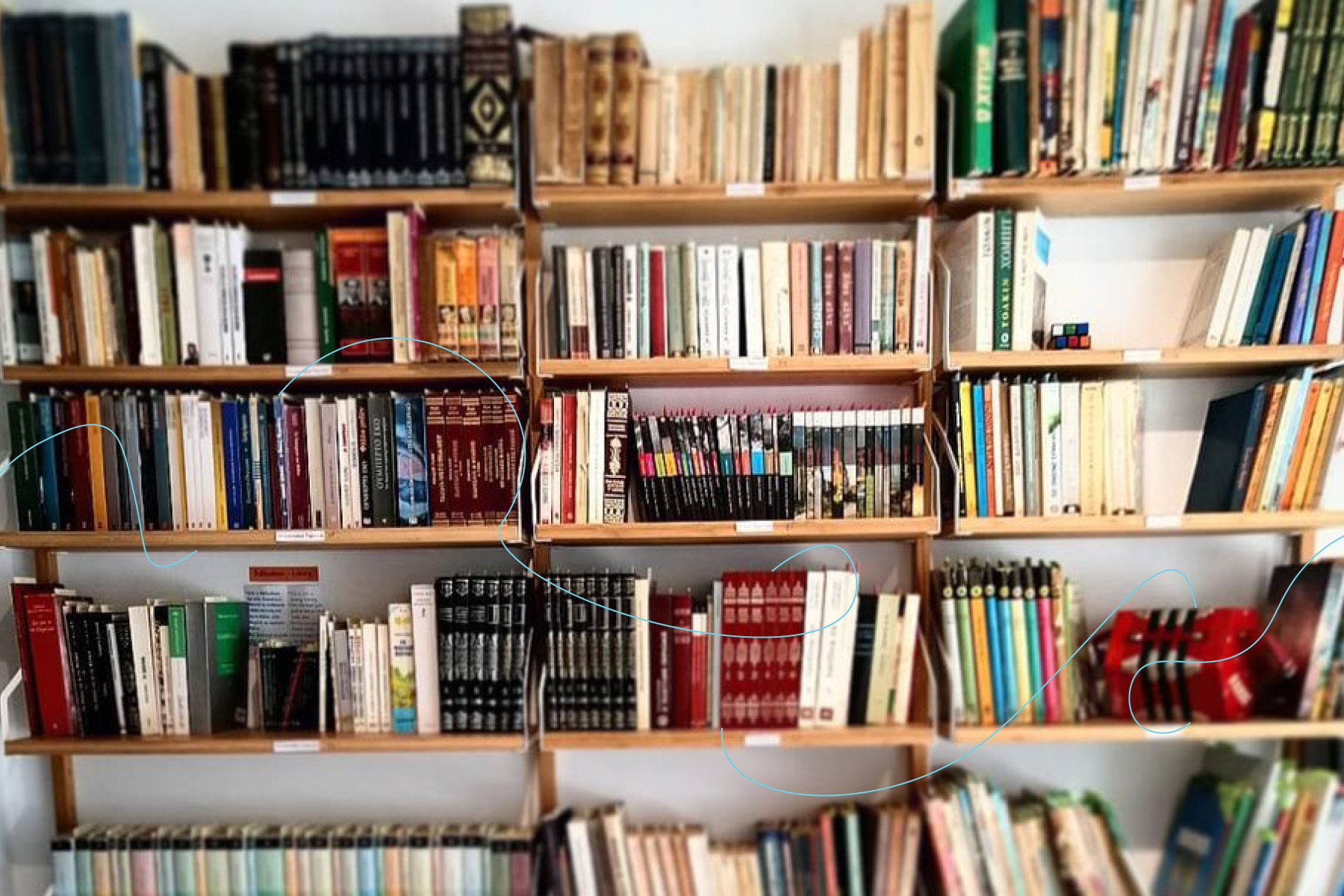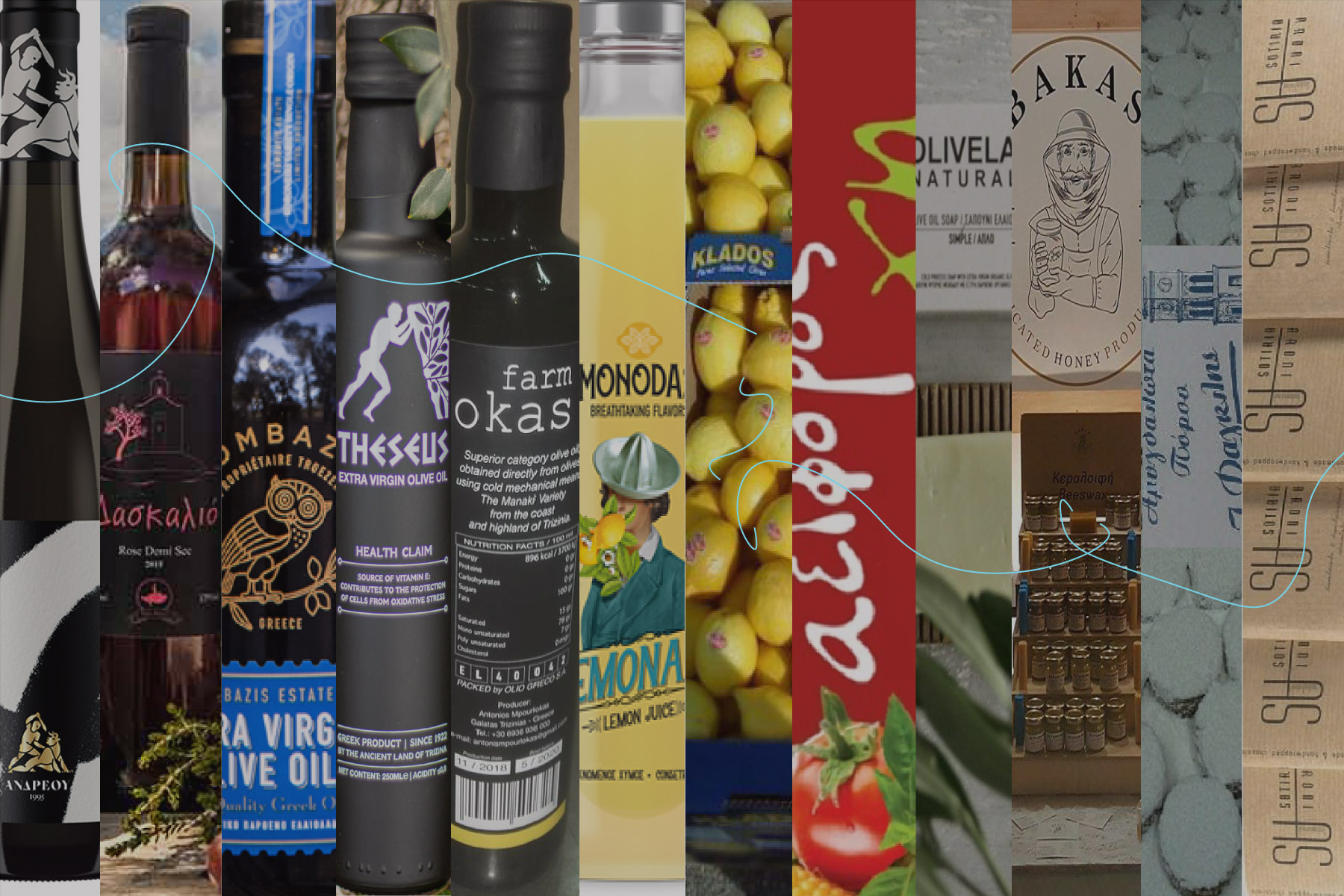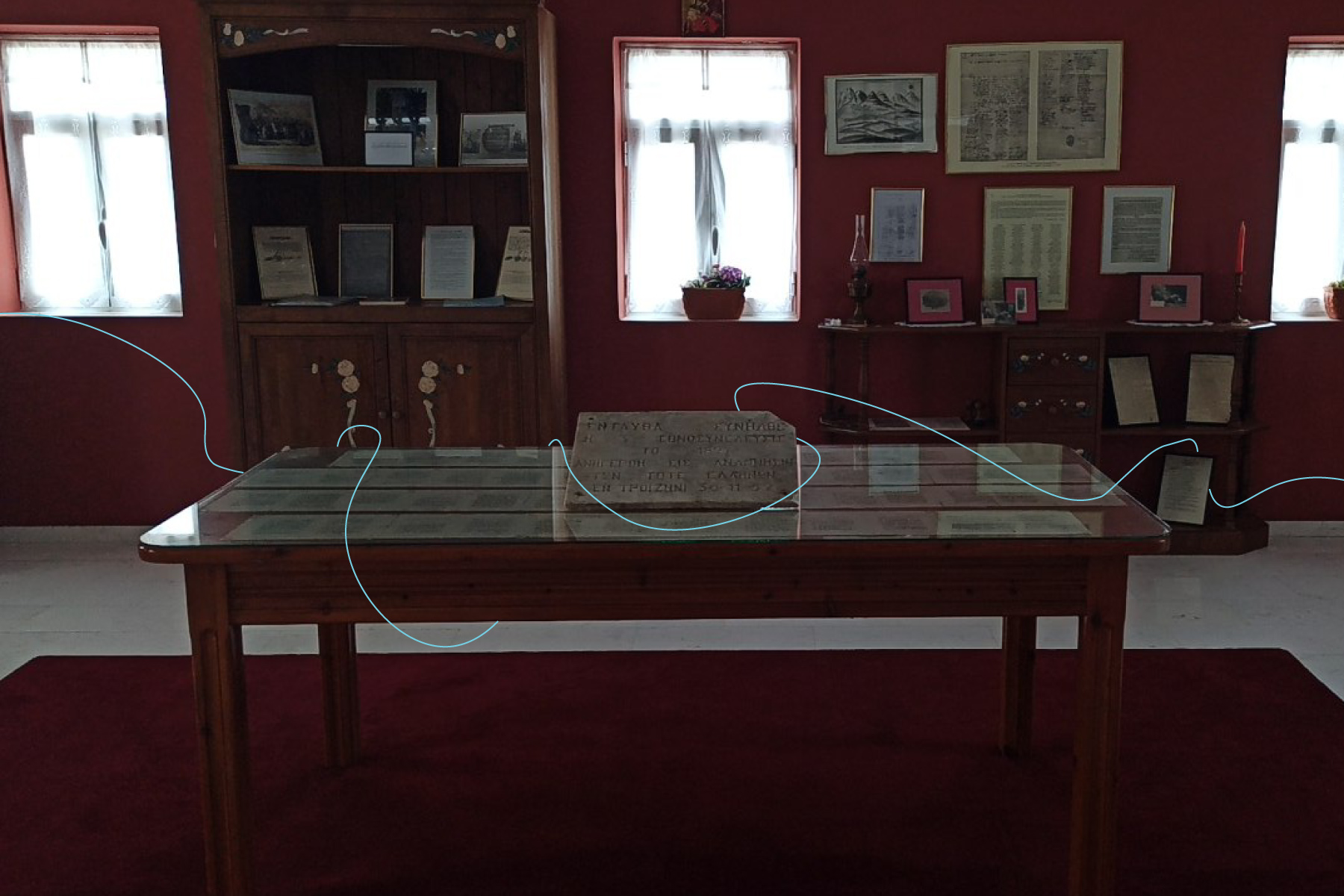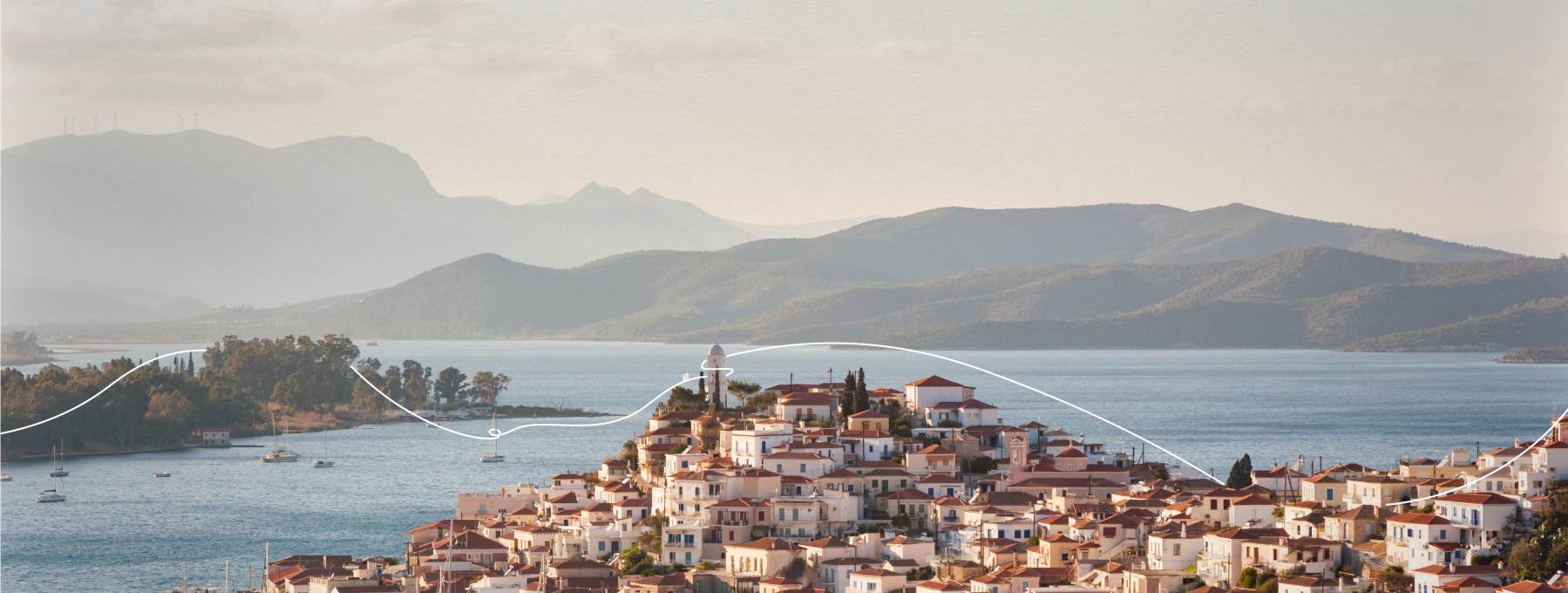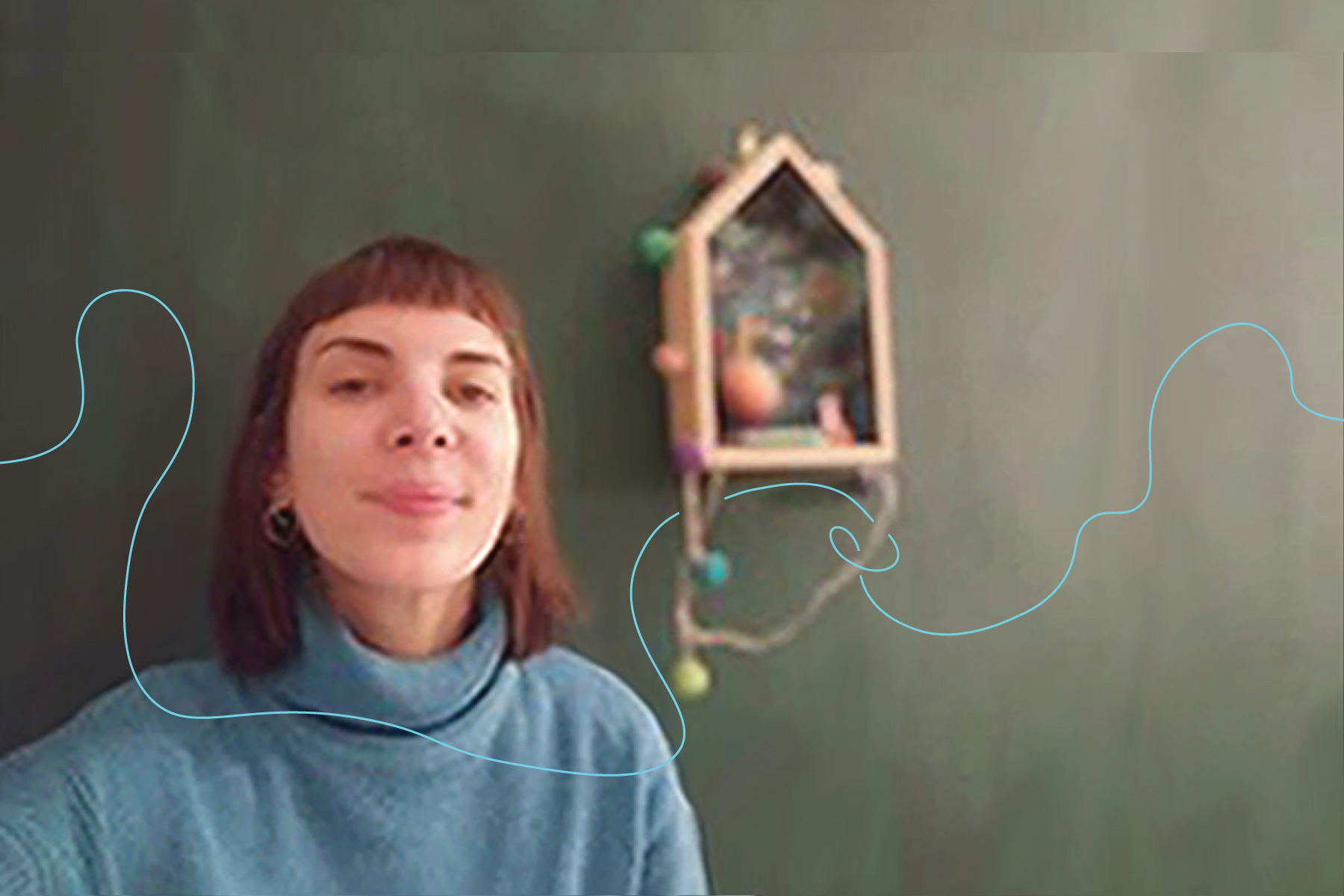
Despina Kappi talks to us
Despina Kappi has a degree in Sociology from the University of Crete. She is completing her postgraduate studies in Person-Centered Psychotherapy at ICPS and in Gender Studies at Umea University in Sweden. She has attended many seminars on Psychology and Gender issues. Despina Kappi talks to us about the role of psychotherapy in our lives, her course and her plans for the future.
Despina Kappi talks to us about the benefits of psychotherapy, expressing the belief that access to such a service is very important for the internal empowerment of the individual and the most effective management of everyday life.
Tell us about your work.
I am a trainee psychotherapist, in the Person-Centered Approach. Based on my personal therapy, which is necessary in this profession, I consider that the basic elements of my work are empathy, respect and non-criticism.
What is your relationship with the area?
I am from Athens, but I moved to Poros when I was 10 years old. I spent all my pre-adolescence and adolescence on the island. I left at the age of 19 to study. I still have close ties to the area, as many of my beloved people live here.
How have your work and life been affected by the financial crisis first and now by the health crisis and how do you deal with it?
Unfortunately, due to financial crisis, I am still working in restaurants. It has always been the easy solution for younger people, but due to the pandemic, it is going through a big crisis as an industry. I hope to be able to dedicate myself to the subject of my studies soon.
What kind of knowledge and elements of your personality have you found most useful in your work? ιο χρήσιμα στη δουλειά σας;
As to knowledge, I think that it’s crucial in my job to use all the things you take from your personal therapy. In relation to my personality, it helps a lot that I do not give up and that I (try to) have empathy.
What would you like to improve in yourself or in your work? What are your shortcomings and how have they affected you?
I want like to learn not to take everything personally. It’s something that creates a domino of negativity throughout my day. It’s one of my main concerns and I would like to improve it. Also, sometimes, I find it difficult to take initiatives and make a new move on a professional or personal level, due to lack of self-confidence.
What would you do differently and what do you think you did very well in your career?
I think in both cases time is the common denominator. On the one hand, I feel that I lost a lot of time with failure in the national exams and some delays in finishing my studies. On the other hand, I believe that the extra time I needed to finish my studies gave me many opportunities for internships abroad, very interesting projects and of course, friendships. I would definitely prefer to have done more by this age, but at the same time, I do not think I would change anything, even if I could.
What would you advise a young person who would like to do what you are doing?
They need to do a lot of personal therapy and try to eliminate social stereotyping. As to studies, there are no tips. There are so many programs with many prospects, depending on each person’s dreams.
What are your plans for the future, immediately and later?
I would like to have my own practice soon and meet my clients there. Later, I would like to be a university professor, in a Department of Gender Studies.
What else would you like to add? σθέσετε;
It’s time, I think, mental health began being treated in the same way as physical health. Asking for help is often the only solution, but there are many taboos around the issue. Let’s normalize self-care through healing and self-exploration. I would really like to contribute to reducing the stigma around mental health issues, as well as helping people who need it.


